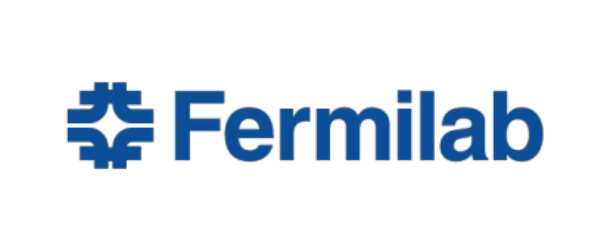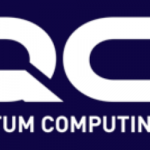New Computing Algorithms Expand the Boundaries & Diversify the Types of Problems Quantum Computers Can Solve.

(HPC.Wire) To fully realize the potential of quantum computing, scientists must start with the basics: developing step-by-step procedures, or algorithms, for quantum computers to perform simple tasks, like the factoring of a number. These simple algorithms can then be used as building blocks for more complicated calculations.
Prasanth Shyamsundar, a postdoctoral research associate at the Department of Energy’s Fermilab Quantum Institute, has done just that. In a preprint paper released in February, he announced two new algorithms that build upon existing work in the field to further diversify the types of problems quantum computers can solve.
“There are specific tasks that can be done faster using quantum computers, and I’m interested in understanding what those are,” Shyamsundar said. “These new algorithms perform generic tasks, and I am hoping they will inspire people to design even more algorithms around them.”
Shyamsundar’s quantum algorithms, in particular, are useful when searching for a specific entry in an unsorted collection of data. Consider a toy example: Suppose we have a stack of 100 vinyl records, and we task a computer with finding the one jazz album in the stack.
Classically, a computer would need to examine each individual record and make a yes-or-no decision about whether it is the album we are searching for, based on a given set of search criteria. “You have a query, and the computer gives you an output,” Shyamsundar said. “In this case, the query is: Does this record satisfy my set of criteria? And the output is yes or no.”
Finding the record in question could take only a few queries if it is near the top of the stack, or closer to 100 queries if the record is near the bottom. On average, a classical computer would locate the correct record with 50 queries, or half the total number in the stack.
A quantum computer, on the other hand, would locate the jazz album much faster. This is because it has the ability to analyze all of the records at once, using a quantum effect called superposition.
With this property, the number of queries needed to locate the jazz album is only about 10, the square root of the number of records in the stack. This phenomenon is known as quantum speedup and is a result of the unique way quantum computers store information.



















